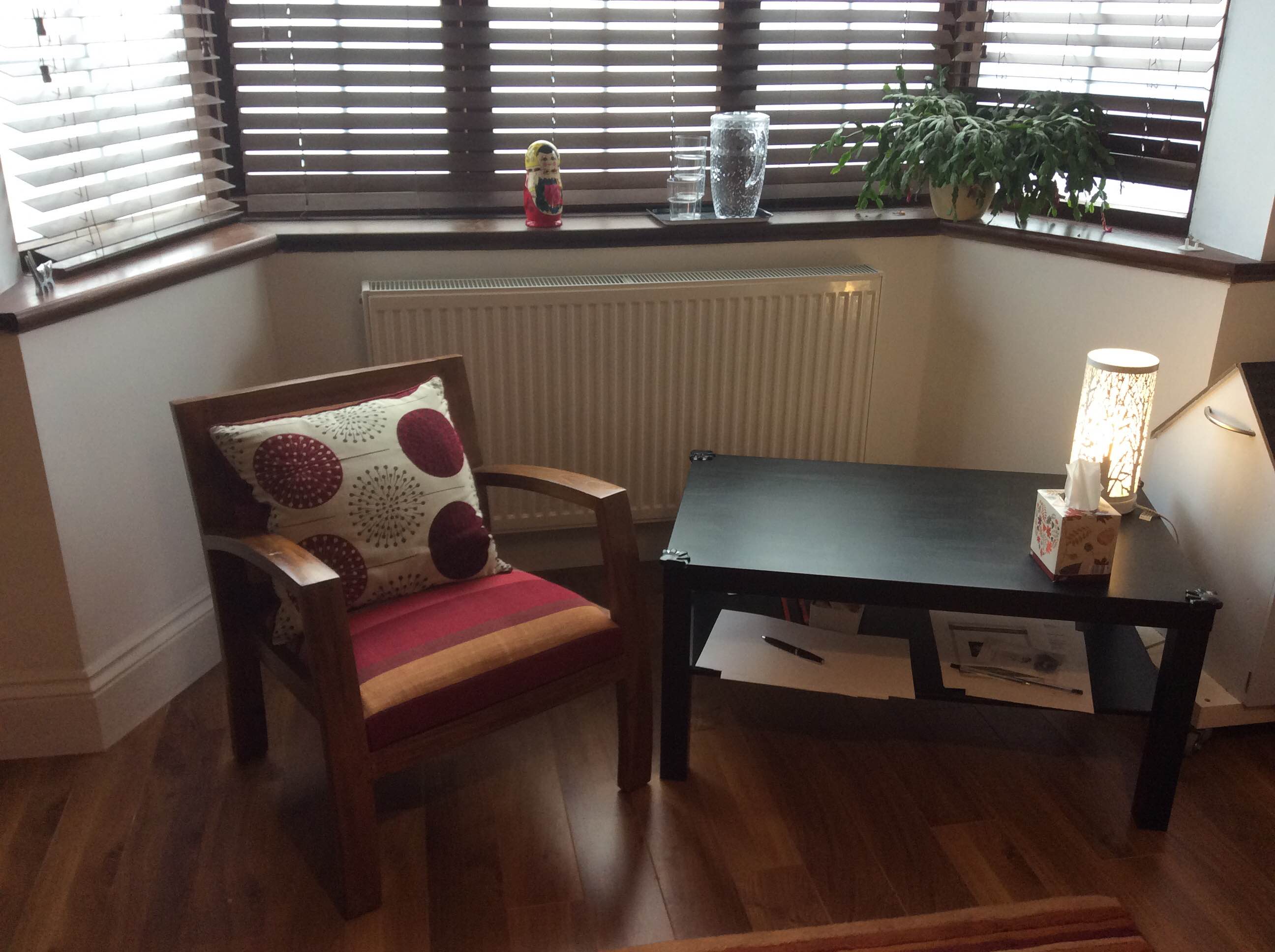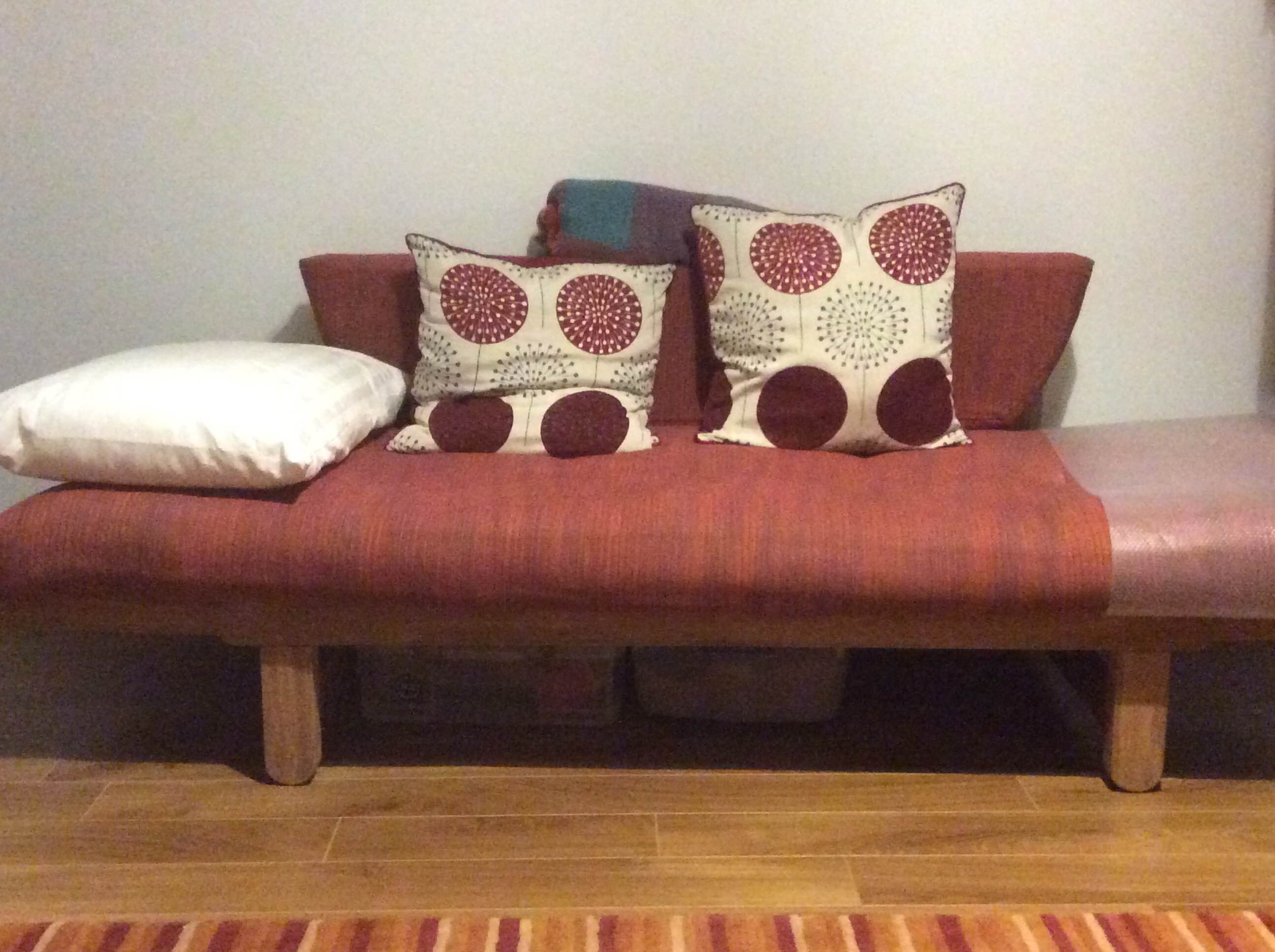 Going to see a therapist may feel quite daunting, there are lots of different approaches available and it can be hard to know what’s going to help you. That’s why we would always start with an initial appointment to find out see if this feels like it might be useful to you and is “a good fit,” with no commitment beyond this. In this first appointment you can ask any questions that you have, get a feel for what it’s like and decide for yourself if this approach feels helpful. You may have found me through an internet search, a recommendation or it might be that someone else (friend or parents, for example) has found my contact details for you. However you found me, it’s entirely your choice whether you try out therapy or not, and if you do try it out it’s your choice what happens next. You don’t have to be able to fully explain what’s brought you to therapy (sometimes it’s complicated or takes time), if you feel like there’s something on you mind in any way, or patterns of behaviour you’d like to change / don’t understand, low mood, high anxiety or anything else that’s getting in the way of you living your life – then you might want to explore how therapy could help. People enter therapy for all sorts of reasons, you don’t have to be able to justify it or prove anything: if you’re curious about your own mind then that’s a good enough start.
Going to see a therapist may feel quite daunting, there are lots of different approaches available and it can be hard to know what’s going to help you. That’s why we would always start with an initial appointment to find out see if this feels like it might be useful to you and is “a good fit,” with no commitment beyond this. In this first appointment you can ask any questions that you have, get a feel for what it’s like and decide for yourself if this approach feels helpful. You may have found me through an internet search, a recommendation or it might be that someone else (friend or parents, for example) has found my contact details for you. However you found me, it’s entirely your choice whether you try out therapy or not, and if you do try it out it’s your choice what happens next. You don’t have to be able to fully explain what’s brought you to therapy (sometimes it’s complicated or takes time), if you feel like there’s something on you mind in any way, or patterns of behaviour you’d like to change / don’t understand, low mood, high anxiety or anything else that’s getting in the way of you living your life – then you might want to explore how therapy could help. People enter therapy for all sorts of reasons, you don’t have to be able to justify it or prove anything: if you’re curious about your own mind then that’s a good enough start.
Everything you say in your therapy sessions is confidential unless there is a risk to yourself or to someone else, and that even if this is the case whenever possible this would be discussed with you first of all (rather than conversations happening behind your back). Termly reviews can happen either just with yourself if you’re over 18, or with yourself and parent(s) if you and they agree that this would be useful.
You can talk about whatever you like – anything that comes into your mind is relevant (you don’t have to screen your words to include only what is “important” or “serious”). Dreams can also be helpful if you remember these. There are likely to be some silences when both you and the therapist are thinking, and this is very normal. The therapist will also pick up on non-verbal communication. Psychotherapy aims to find out what’s going on “beneath the surface”, for example there may be reasons why you feel the way you do that you’re not aware of yourself (they are unconscious). Over time, by noticing patterns and getting to know your “internal world” (the world of your mind) very well, the therapist can help you to unpick what’s going on and help you to become aware of thoughts, beliefs and patterns of behaviour that you may not have been aware of before.
For some people it can feel easier to l ie down on the couch rather than sit face to face and talk, especially once you get deeper into exploring parts of yourself that you’ve not thought about before. Some things that come into your mind might feel hard to say – maybe embarrassing, silly or irrelevant, but it’s still important to try to say them. Lying down can free you from the difficulty of eye contact, and it can feel easier to take the plunge and say whatever comes to mind. Whether or not you choose to use the couch is up to you, and you can explore what this would feel like during your therapy.
ie down on the couch rather than sit face to face and talk, especially once you get deeper into exploring parts of yourself that you’ve not thought about before. Some things that come into your mind might feel hard to say – maybe embarrassing, silly or irrelevant, but it’s still important to try to say them. Lying down can free you from the difficulty of eye contact, and it can feel easier to take the plunge and say whatever comes to mind. Whether or not you choose to use the couch is up to you, and you can explore what this would feel like during your therapy.